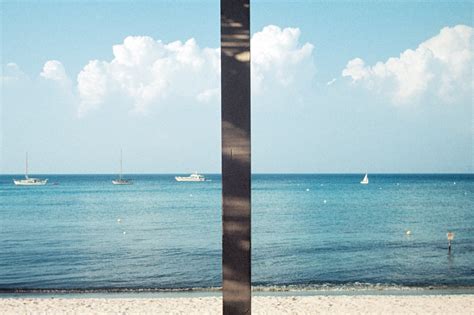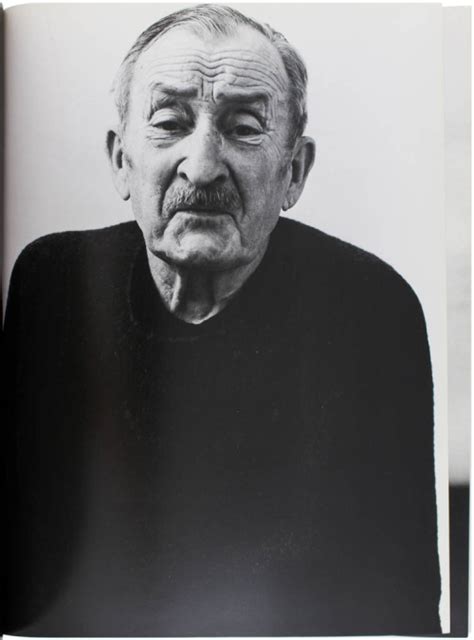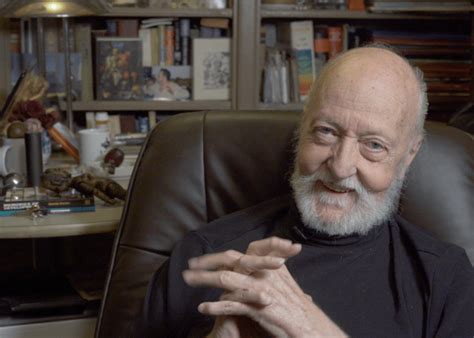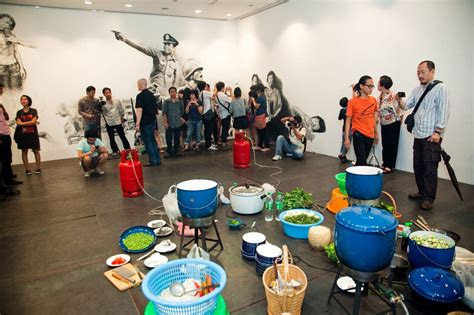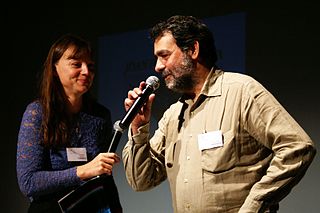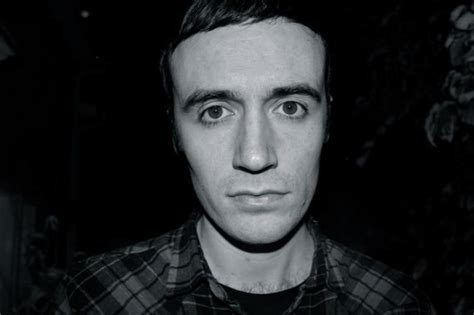A Quote by William J. Mitchell
The relation of photography and language is a principal site of struggle for value and power in contemporary representations of reality; it is the place where images and words find and lose their conscience, their aesthetic and ethical identity.
Related Quotes
Dare I speak ,to oppressed and opressor in the same voice? Dare I speak to you in a language that will move beyond the boundaries of domination- a language, that will not bind you, fence you in, or hold you? Language is also a place of struggle. The oppressed struggle in language to recover ourselves, to reconcile, to reunite, to renew. Our words are not without meaning, they are an action, a resistance. Language is also a place of struggle.
Aesthetic value emanates from the struggle between texts: in the reader, in language, in the classroom, in arguments within a society. Aesthetic value rises out of memory, and so (as Nietzsche saw) out of pain, the pain of surrendering easier pleasures in favour of much more difficult ones ... successful literary works are achieved anxieties, not releases from anxieties.
In reality no food is valued solely for its nutritive power and no garment or house solely for the protection it affords against cold weather and rain.... the demand for goods is widely influenced by metaphysical, religious, and ethical considerations, by aesthetic value judgments, by customs, habits, prejudice, tradition, changing fashions, and many other things.
Computer images, like camera images today, will be seen as representations of a simulated, second-degree reality with little or no connection to the unmediated world. This is one lesson we can learn from photographs, and especially from those of the last 25 years: images exist not to be believed, but to be interrogated.
Semantics is about the relation of words to thoughts, but it also about the relation of words to other human concerns. Semantics is about the relation of words to reality - the way that speakers commit themselves to a shared understanding of the truth, and the way their thoughts are anchored to things and situations in the world.
The whole point is to take from our native culture and from contemporary culture without using one art form to mimic the other, so that our native identity remains the native identity, the contemporary identity remains the contemporary identity, and the mixing of these two musical identities creates a third musical identity.
...in song the words tend to lose their significance, do often lose it, while at the other extreme, in current prose it is the musical value that tends to disappear - so that verse stands symmetrically, as it were, between song, on the one hand, and prose on the other - and is thus admirably and delicately balanced between the sensual and the intellectual power of language.
First you look for discipline and control. You want to exercise your will, bend the language your way, bend the world your way. You want to control the flow of impulses, images, words, faces, ideas. But there's a higher place, a secret aspiration. You want to let go. You want to lose yourself in language, become a carrier or messenger.
As soon as you think you have a firm idea you allow it to dissolve and you let go of it, particularly when it comes to a stylistic or aesthetic identity. In fact, you only really find out what it is when you deconstruct it; so, yeah, that's a sort of collage sensibility of having a lot of voicings coming from all over the place and not necessarily trying to shape them or try to commodify them. It keeps you in the living language... an opportunity to not be governed so much by intellect.



